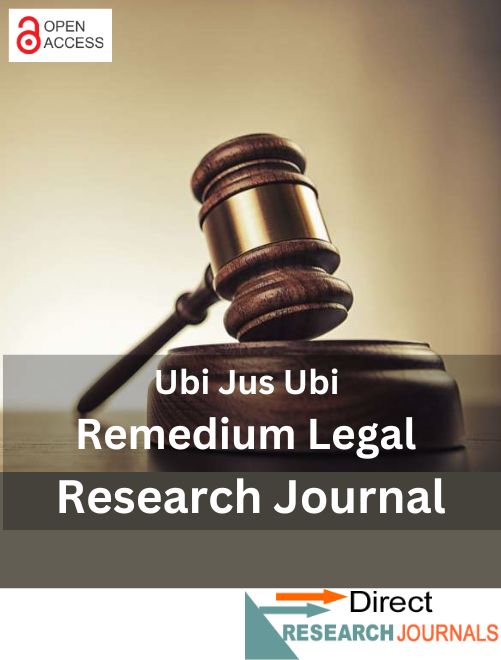Analyzing Vitiated Confessional Statements: Applications in Decided Cases
Keywords:
Admission, custom-based regulation, utility, withdrew confession booth proclamationAbstract
Analyzing vitiated confessional statements is a crucial aspect of legal proceedings, particularly in cases where the validity of such statements is contested. This paper explores the significance of scrutinizing confessions obtained under duress, coercion, or other circumstances that undermine their voluntariness. Through a review of decided cases, this study elucidates the methodologies employed by courts to assess the admissibility and reliability of confessional statements. Drawing upon legal principles and precedents, the paper highlights the pivotal role of procedural safeguards in safeguarding the rights of the accused and ensuring the integrity of the criminal justice system. By analyzing the evolution of jurisprudence surrounding vitiated confessions, this paper offers insights into the complexities inherent in assessing the veracity of incriminating statements and underscores the imperative of upholding constitutional principles in adjudicating such cases. Confessions are governed under sections 27 to 32 of the Evidence Act 1990 now 2011 as amended in Nigeria, for example. The particular goals were to objectively investigate the situations in which confessional statements are allowed, assess, and its applicability in decided cases. To accomplish these goals, a normative or doctrinal research design was chosen. According to the study, any further confessional statement acquired would be allowed if incentive, threat, or promise issued has ceased to exist. A confession does not become inadmissible simply because the accused denies having made it but the court in acting on such retracted confessional statement must satisfy itself that the accused in fact made the statement out of his own free will and choice.







